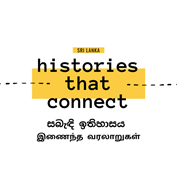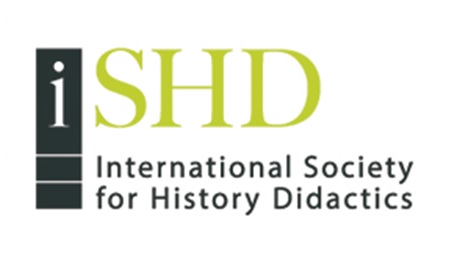About the Initiative
Dealing with Sri Lanka’s post-independence history is grossly underrepresented in the country’s school curricula. By the time Sri Lankans leave school, many of them are more familiar with the myths and legends from the pre-colonial era than with the country’s history since its independence in 1948. Knowledge of contemporary history, including the causes and effects of the various violent conflicts, largely stems from the media and from stories told in families or on social networks. Unfortunately, the narratives emerging here are often one-sided and strongly influenced by ethno-linguistic and religious perceptions of history. Faced with continuous tensions along ethnic and religious lines even a decade after the end of the civil war, finding constructive ways of learning about history, dealing with the past, honing critical thinking skills and addressing root causes of conflict is crucial to reconciliation and sustainable peace in the country as well as to becoming responsible citizens of the country.
The pilot initiative targets history educators from all regions of Sri Lanka with different cultural and professional backgrounds – history teachers working in schools, but also educational staff working at cultural heritage institutes, such as archives and museums, historians and researchers. It also aims to deepen young people’s understanding of their history and to enhance their critical thinking skills.
This pilot initiative will last 10 months. It started on 15 December 2020 and will end on 15 January 2022.
Aims of the Pilot Initiative
- Producing conflict-sensitive didactic materials for history teachers in schools and universities;
- Introducing history educators in schools and universities to the methods and materials and providing guidance on how to effectively use them in teaching;
- Exposing more Sri Lankans to didactic materials that deal with Sri Lanka’s recent history since its independence in 1948;
- Developing student’s critical thinking skills in learning about the past and creating a love for learning history;
- Facilitating exchange between experts in history education who are living and working in Sri Lanka and Europe.
Expected Outcomes
- The capacity of history teachers in Sri Lanka will be strengthened to deal with post-independence events;
- Finding constructive ways of learning about history and dealing with the past, addressing root causes of conflict in order to become responsible citizens and reach sustainable peace in the country.
Acknowledgement
“Historical Dialogue: Fostering Peace through History Education in Sri Lanka” is supported by Strengthening Reconciliation Processes in Sri Lanka (SRP). SRP is co-financed by the European Union and the German Federal Foreign Office and implemented by the Deutsche Gesellschaft für Internationale Zusammenarbeit (GIZ) GmbH and the British Council.
For more information on the wider work on history by Strengthening Reconciliation Processes in Sri Lanka of the GIZ, see also their Historical Dialogue platform.



